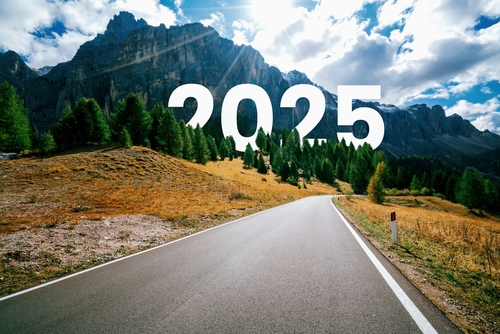Is the relationship between insurer, repairer and salvage partner set to become symbiotic?
The motor industry is experiencing unprecedented change, with more to come in the very near future. The EU has stated that sales of new cars that produce carbon emissions will be banned from 2035, and there are calls to move this date forward to 2030. The era of the internal combustion engine is drawing to a close. And so heralds the arrival of the Electric Vehicle (EV) and along with it, innovative new entrants to the personal transport market, accelerating the evolution of the segment.
Technology is infesting our personal transport solutions like never before. Advanced Driver Assist Systems are becoming common place in high-end vehicles and will permeate in coming years. Cars can now cruise the highways, keep in lane and park at their destination with minimal driver involvement. Automatic transmissions are now default in many vehicles as is assisted braking and ABS and auto wipers. Even the sat-nav and in-car entertainment can accept voice commands.
But there’s more to come; the UK & German governments are the latest to enact legislation to allow cars with some degree of autonomy onto public roads. Already today it’s possible to take a ride in an autonomous vehicle on the ‘Streets of San Francisco’. I wonder what Michael Douglas thinks of that? Can you imagine Steve McQueen Charging through downtown San-Fran in an autonomous Mustang! – The times they are indeed a changing… …and so is our relationship with our cars. Where is the driver involvement? Where is the driver connection? And what has become of the ‘Ultimate Driving Machine’?
Ownership models too are shifting, from outright purchase to lease models and even short-term rental and car-share ‘rent-by-the-hour’ car clubs. These changes naturally alter the relationship that individuals have with their cars. One might challenge that cars are becoming a utility need rather than a status symbol. No longer an emotional purchase, but purely a method of getting from A to B.
So what? And why is this change important to our industry?
To date insurers have assessed risk through actuarial methods, relying on historical data to make assumptions about what will happen. However when markets, environments and behaviours change so dramatically is it reasonable to suggest that a different approach needs to be explored?
If our relationship with our cars is no longer an emotional one, the driver insulated from the driving experience, assisted by advanced electronics and aided by automated dynamic safety; then the influence of human error on collision occurrence will be minimised. A good thing, surely?
As we continue down this road, the profile of the driver becomes less and less important in assessing the risk of an accident.
What then will insurers look to as indicators of risk as they ‘scan the horizon’ and what will they look to in the future…? Perhaps the resilience and dependability of the on-board systems, the driver aids and the decision-making software that controls the autonomous vehicles that will proliferate our highways. That will be where the risks lie. Those complex systems will fail, glitch & bug, and the results will be found in body-shops and salvage yards around the country. Thousands of damaged cars bearing silent witness to what went wrong. The evidence will be there. Analysis of crumple zones, structural deformation, angle of incidence, speed of impact and myriads of other data points will be collected analysed and made available to the insurer to enable better understanding of the risks they insure against. And of course, it will also be made available to the to the software designers in order to improve their product – after all, they will likely be the insured party!
In the not-too-distant future is the relationship between insurer, repairer and salvage partner set to become symbiotic? I believe so. We need to be ready. That’s a journey that we need to begin today.
Jim Loughran, CEO – e2e Total Loss Vehicle Management.
For further information please contact the e2e Press Office:
anne.staunton@peak-marketing.co.uk / 07813 339840



